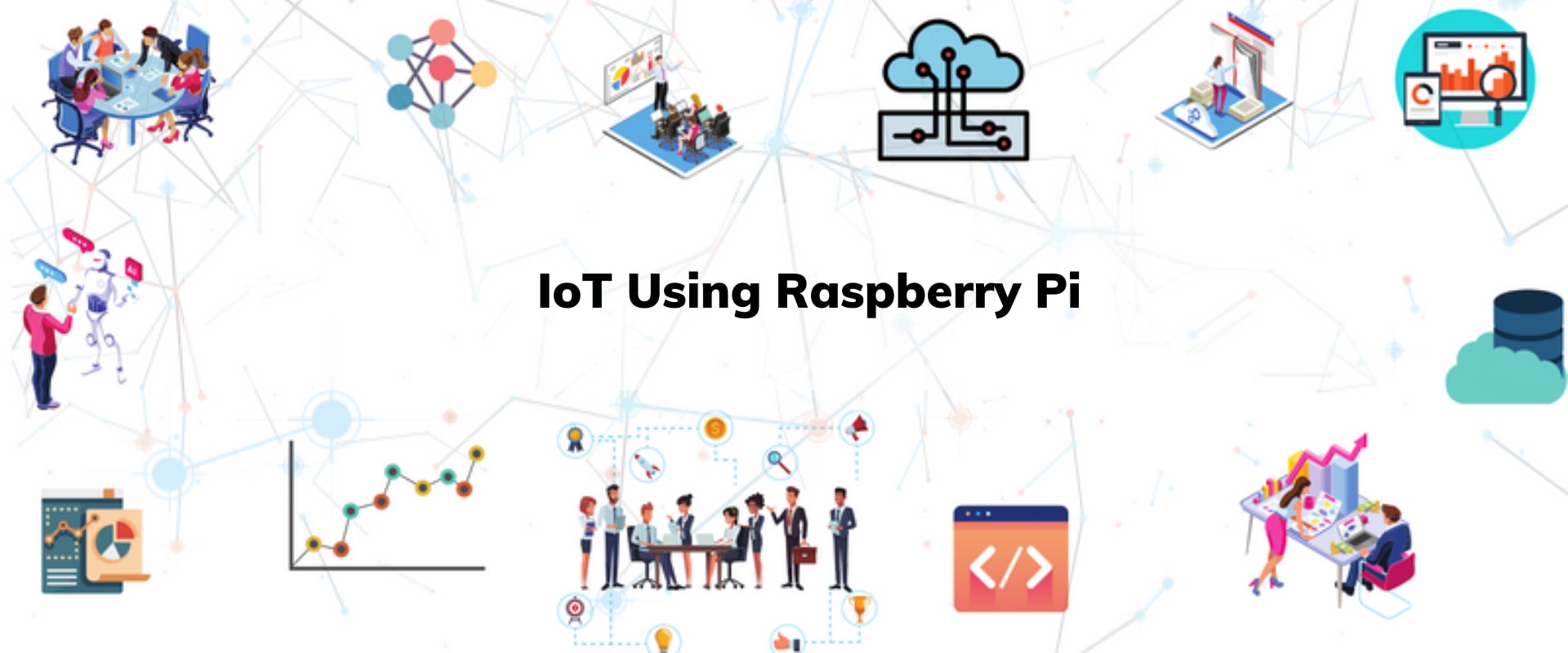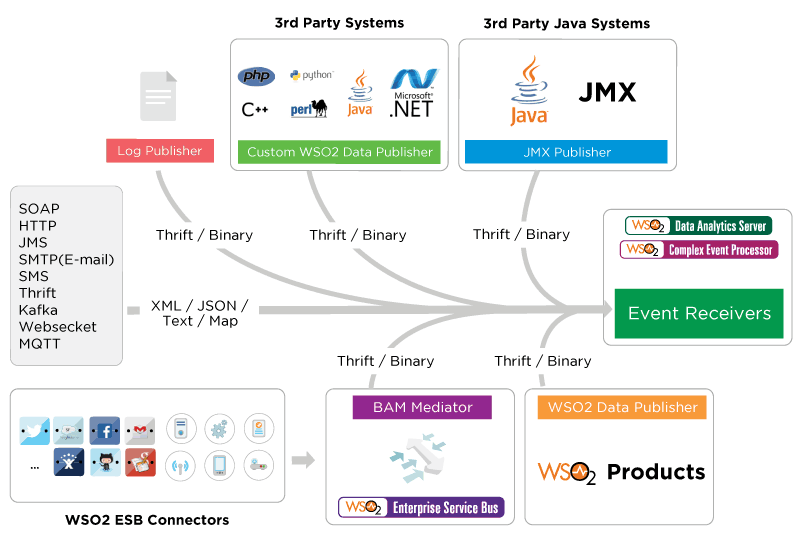The best remote IoT platform Raspberry Pi is a topic of great interest for tech enthusiasts, developers, and hobbyists alike. As the Internet of Things (IoT) continues to grow, more people are seeking reliable solutions to build and manage remote IoT projects. Raspberry Pi, with its versatile capabilities, stands out as a popular choice for such endeavors. In this comprehensive guide, we will explore the top platforms that work seamlessly with Raspberry Pi, ensuring you have the tools you need to succeed in your IoT journey.
Raspberry Pi has revolutionized the way we approach IoT projects, offering an affordable and powerful solution for both beginners and experts. With its wide range of compatibility and ease of use, it has become a go-to device for creating innovative IoT applications. However, selecting the right platform to pair with your Raspberry Pi can be overwhelming, given the numerous options available in the market.
This article aims to provide you with detailed insights into the best remote IoT platforms that work harmoniously with Raspberry Pi. Whether you're building a smart home system, a weather station, or any other IoT project, this guide will help you make an informed decision. Let's dive in and discover the top platforms that will take your IoT projects to the next level.
Read also:How To Style A Captivating Under The Stars Theme Outfit For Men
Table of Contents:
- Introduction to Remote IoT Platforms
- Raspberry Pi: A Brief Overview
- Criteria for Choosing the Best IoT Platform
- Top Remote IoT Platforms for Raspberry Pi
- Comparison of Top IoT Platforms
- Advantages of Using Raspberry Pi for IoT
- Challenges and Solutions
- Real-World Use Cases
- Tips for Successful IoT Projects
- Conclusion
Introduction to Remote IoT Platforms
Remote IoT platforms play a crucial role in enabling devices like Raspberry Pi to communicate, collect data, and execute commands over the internet. These platforms provide a centralized dashboard where users can monitor, control, and analyze their IoT devices from anywhere in the world. Selecting the right platform is essential to ensure seamless functionality and scalability of your IoT projects.
In this section, we will delve into the importance of remote IoT platforms and how they contribute to the success of IoT applications. Understanding the features and capabilities of these platforms will help you identify the best fit for your specific needs.
Key Features:
- Device management
- Data visualization
- Real-time monitoring
- Security protocols
Raspberry Pi: A Brief Overview
Raspberry Pi is a compact, single-board computer designed to promote learning and experimentation in computer science. Its affordability and flexibility make it an ideal choice for IoT projects. With its ability to run various operating systems and support numerous sensors and peripherals, Raspberry Pi offers endless possibilities for innovation.
Key Specifications:
Read also:Angela Alvarez Fans Discovering The Rising Star And Her Impact On Music
- Processor: Broadcom BCM2711, Quad-core Cortex-A72 (ARM v8) 64-bit SoC @ 1.5GHz
- Memory: 2GB, 4GB, or 8GB LPDDR4-3200 SDRAM
- Connectivity: Dual-band 2.4GHz and 5GHz IEEE 802.11ac wireless, Bluetooth 5.0, BLE
- Ports: USB 3.0, USB 2.0, HDMI, Ethernet
Criteria for Choosing the Best IoT Platform
When evaluating remote IoT platforms for Raspberry Pi, several factors should be considered to ensure compatibility, performance, and ease of use. Below are the key criteria to guide your decision-making process:
User Interface
A user-friendly interface is essential for efficient device management and data analysis. Platforms with intuitive dashboards and customizable widgets enhance the overall user experience.
Scalability
Your chosen platform should support the growth of your IoT project, accommodating additional devices and data without compromising performance.
Security
Data security is paramount in IoT applications. Ensure the platform employs robust encryption and authentication mechanisms to protect sensitive information.
Top Remote IoT Platforms for Raspberry Pi
Thinger.io
Thinger.io is a cloud-based IoT platform that simplifies the development and deployment of IoT projects. It offers a user-friendly interface, real-time data visualization, and seamless integration with Raspberry Pi. With its free tier and affordable pricing plans, Thinger.io is an excellent choice for both beginners and professionals.
Blynk
Blynk is a popular IoT platform known for its mobile app interface, allowing users to control and monitor their IoT devices from their smartphones. It supports Raspberry Pi and provides a wide range of widgets for customizing the user experience. Blynk's ease of use and extensive community support make it a top contender in the IoT platform space.
AWS IoT Core
AWS IoT Core is a powerful cloud platform designed for large-scale IoT deployments. It offers advanced features such as device fleet management, secure communication, and machine learning capabilities. While AWS IoT Core may have a steeper learning curve, its scalability and reliability make it an ideal choice for enterprise-level projects.
Microsoft Azure IoT
Microsoft Azure IoT provides a comprehensive suite of tools for building, deploying, and managing IoT solutions. It integrates seamlessly with Raspberry Pi and offers features like stream analytics, device twins, and AI integration. Azure IoT's robust security measures and global reach make it a preferred choice for businesses seeking a reliable IoT platform.
ThingsBoard
ThingsBoard is an open-source IoT platform that allows users to visualize data, manage devices, and implement server-side logic. Its flexibility and customization options make it a popular choice for developers looking to build tailored IoT solutions. ThingsBoard supports Raspberry Pi and offers both cloud and on-premise deployment options.
Comparison of Top IoT Platforms
To help you make an informed decision, we have compiled a comparison table of the top remote IoT platforms for Raspberry Pi:
| Platform | User Interface | Scalability | Security | Price |
|---|---|---|---|---|
| Thinger.io | Intuitive | Good | Strong | Free/Paid |
| Blynk | Mobile-Friendly | Basic | Good | Free/Paid |
| AWS IoT Core | Advanced | High | Excellent | Paid |
| Microsoft Azure IoT | Comprehensive | High | Excellent | Paid |
| ThingsBoard | Customizable | Good | Strong | Free/Paid |
Advantages of Using Raspberry Pi for IoT
Raspberry Pi offers several advantages for IoT projects, making it a preferred choice for developers:
- Cost-Effective: Raspberry Pi is affordable, reducing the overall budget for IoT projects.
- Versatile: It supports a wide range of sensors, actuators, and peripherals, enabling diverse applications.
- Community Support: A vast community of enthusiasts provides resources, tutorials, and troubleshooting assistance.
- Open-Source: Raspberry Pi's open-source nature encourages innovation and customization.
Challenges and Solutions
While Raspberry Pi and remote IoT platforms offer numerous benefits, there are challenges that users may encounter:
Challenge: Limited Processing Power
Solution: Optimize code and use lightweight platforms to maximize performance.
Challenge: Security Risks
Solution: Implement strong encryption, regular updates, and secure communication protocols.
Challenge: Scalability Issues
Solution: Choose platforms that support horizontal scaling and cloud integration.
Real-World Use Cases
Here are some examples of real-world IoT projects using Raspberry Pi:
- Smart Home Automation: Control lights, thermostats, and security systems remotely.
- Environmental Monitoring: Track temperature, humidity, and air quality in real-time.
- Industrial IoT: Monitor machinery performance and predict maintenance needs.
Tips for Successful IoT Projects
To ensure the success of your IoT projects, consider the following tips:
- Plan thoroughly before starting your project.
- Choose the right platform based on your project requirements.
- Regularly update firmware and software to enhance security and performance.
- Test your setup thoroughly before deployment.
Conclusion
Selecting the best remote IoT platform for Raspberry Pi is crucial for the success of your IoT projects. By considering factors such as user interface, scalability, and security, you can identify the platform that aligns with your needs. Thinger.io, Blynk, AWS IoT Core, Microsoft Azure IoT, and ThingsBoard are among the top choices, each offering unique features and capabilities.
We encourage you to explore these platforms, experiment with Raspberry Pi, and share your experiences in the comments below. Don't forget to subscribe to our newsletter for more insightful articles on IoT and related technologies. Happy building!


